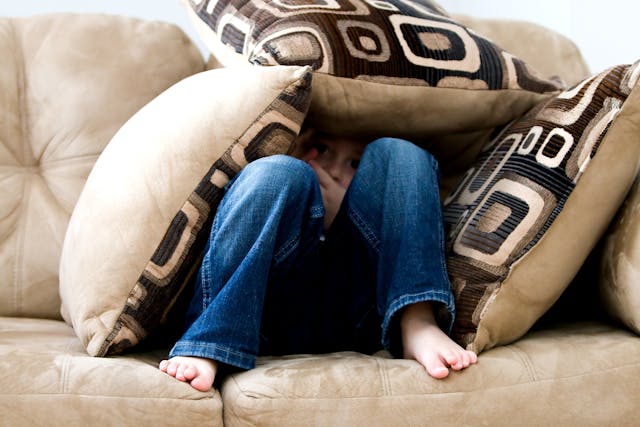The harm of parental alienation can be profound and affect the mental and emotional well-being of both the alienated parent and the child.
When a child is subjected to parental alienation, they may develop feelings of confusion, guilt, and loyalty conflicts. This can lead to a strained relationship with the alienated parent and create long-lasting emotional scars on the child.
For the alienated parent, the effects can be devastating. They may experience feelings of rejection, isolation, and helplessness. The loss of a meaningful relationship with their child can have a significant impact on their mental health, leading to depression, anxiety, and low self-esteem.
Parental alienation can also influence the child’s overall development and future relationships. Children who are exposed to parental alienation may have difficulties forming healthy attachments, trusting others, and regulating their emotions.
In severe cases, parental alienation can lead to a complete estrangement between the child and the alienated parent, causing long-term damage to the family dynamic. It can result in a breakdown of communication, trust, and respect within the family unit.
The harm of parental alienation is far-reaching and can have detrimental effects on the well-being of all parties involved. It is crucial to address and prevent parental alienation to safeguard the mental and emotional health of both the child and the alienated parent.





